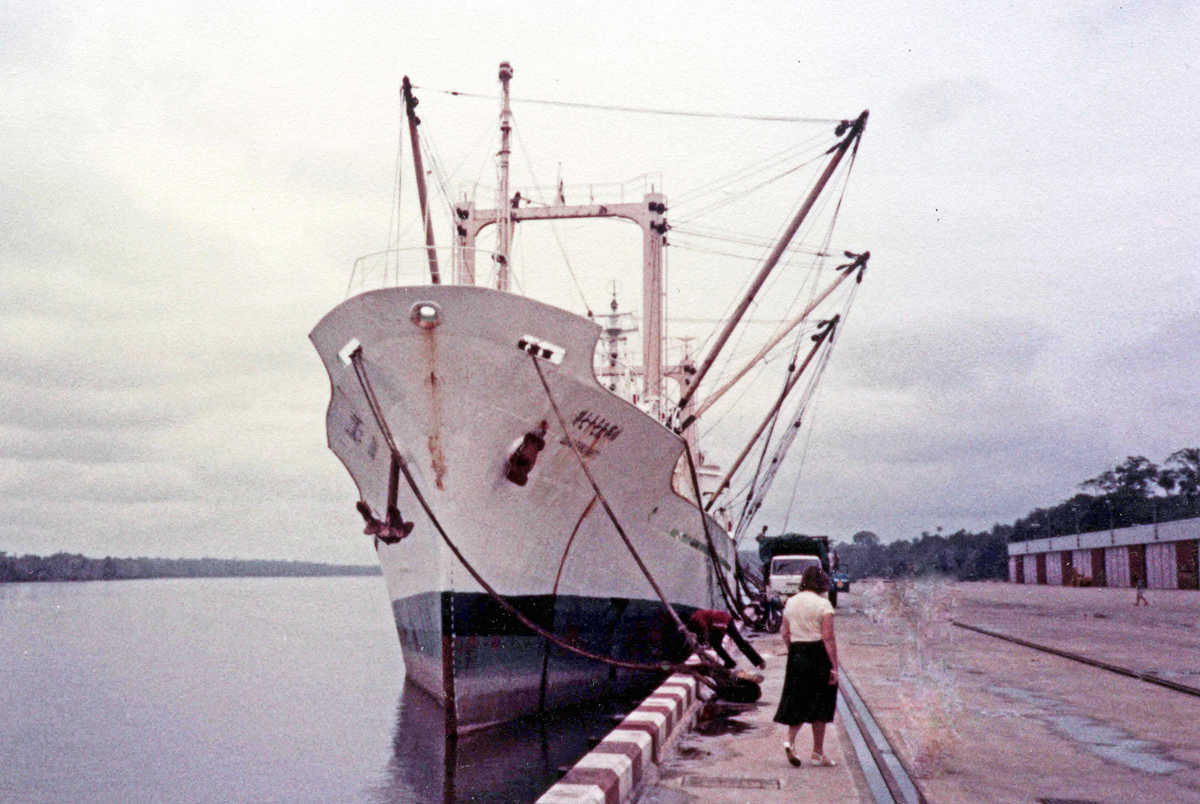|
U. J. Esuene Stadium
The U. J. Esuene Stadium is a multi-purpose stadium in Calabar, Nigeria. It is used mostly for football Football is a family of team sports that involve, to varying degrees, kicking a ball to score a goal. Unqualified, the word ''football'' normally means the form of football that is the most popular where the word is used. Sports commonly c ... matches and is the home stadium of Calabar Rovers and previously Dolphins F.C. (Port Harcourt), Dolphins F.C. The stadium has a capacity of 16,000 and was opened in 1977. History The UJ Esuene Stadium was inaugurated on 2 April, 1977 with a match between Benin's Bendel Insurance F.C. and newly formed Calabar Rovers of Calabar. Two weeks later, the stadium hosted an international encounter between Enugu Rangers and Tonnerre Yaoundé - a game that featured the likes of Roger Milla, Christian Chukwu and Emmanuel Okala. Games at the 2003 All-Africa Games were also played at the U. J. Esuene Stadium in October 2003, as were Nigeria' ... [...More Info...] [...Related Items...] OR: [Wikipedia] [Google] [Baidu] |
Calabar
Calabar (also referred to as Callabar, Calabari, Calbari and Kalabar) is the capital city of Cross River State, Nigeria. It was originally named Akwa Akpa, in the Efik language. The city is adjacent to the Calabar and Great Kwa rivers and creeks of the Cross River (from its inland delta). Calabar is often described as the tourism capital of Nigeria, especially due to several initiatives implemented during the administration of Donald Duke as governor of Cross River State (1999–2007), which made the city the cleanest and most environmentally friendly city in Nigeria. Administratively, the city is divided into Calabar Municipal and Calabar South Local Government Areas. It has an area of and a population of 371,022 as at 2006 census. History Calabar was the name given by the Portuguese discoverers from the 15th century to the tribes on this part of the Guinea coast at the time of their arrival, when the present inhabitants in the district were the Quas. It was not till th ... [...More Info...] [...Related Items...] OR: [Wikipedia] [Google] [Baidu] |
